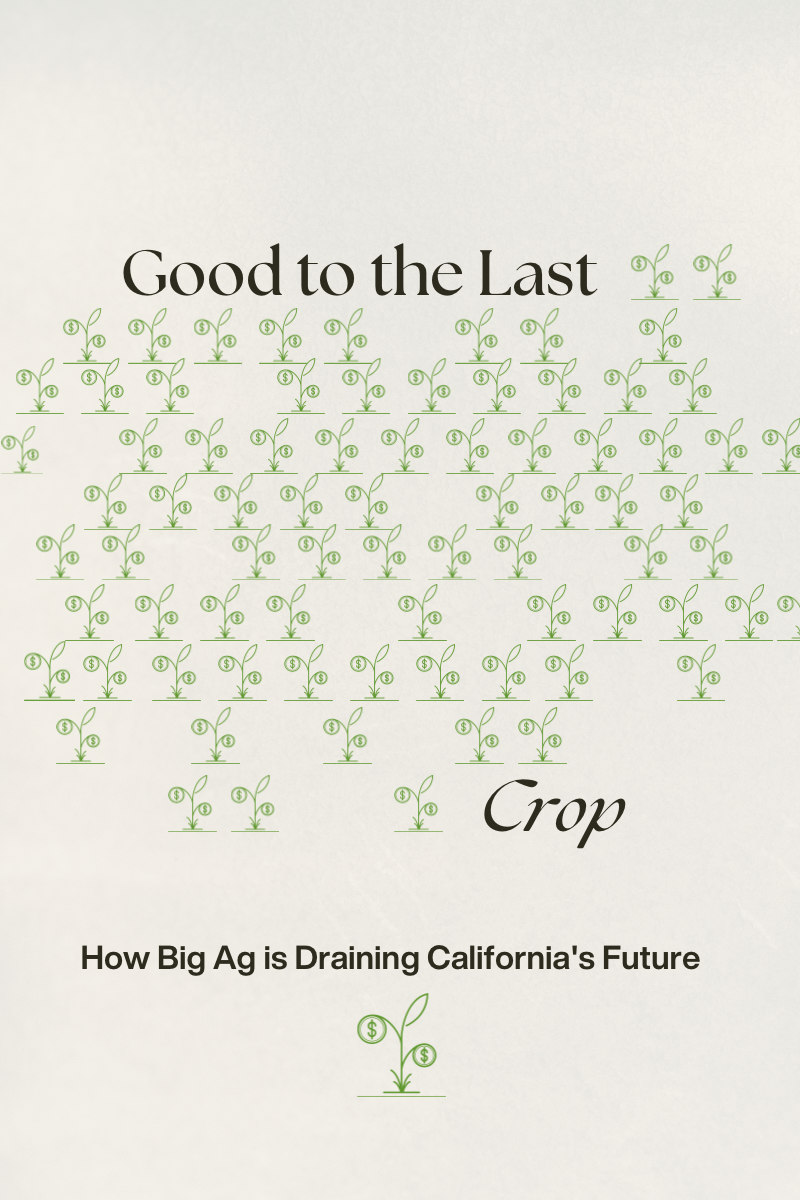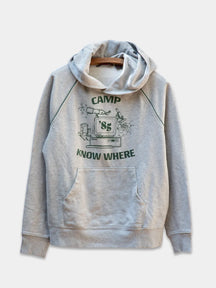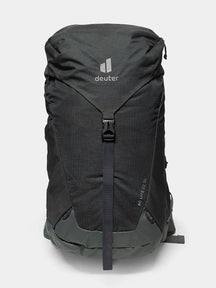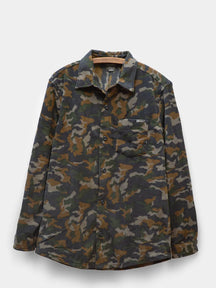In the Amazon, extensive cattle ranching is the number one culprit of deforestation in virtually every Amazon country, and it accounts for 80% of global deforestation. The United States imported 4.125 billion pounds of beef from Brazil in 2024, which is an 11% increase from 2023. We are also the top consumer of beef, consuming just over 12.7 million metric tons of beef each year.

In 2020, wildfires in Brazil's Amazon and Pantanal regions killed an estimated 17 million animals, including birds, reptiles, and primates. During the dry season (May-September), Brazil is in the world headlines because of raging fires, a practice of agricultural management for opening rudimentary subsistence plantations (slash-and-burn agriculture) and cattle pastures.
In the Brazilian Amazon, fires generally spread into forests from adjacent agricultural lands. Between 2000 and 2002, forest hotspots almost tripled from 16,000 to almost 42,000 per year.
These fires make way for cattle-ranching, the most important cause of direct conversion of rainforests (Jan Maarten Dros, 2004). Soy developers then capitalize on the cattle ranchers and take over their land, pushing cattle ranching (and deforestation) towards new pioneer areas. And so the natural frontier recedes…

The most effective impact you can have right now is to remove beef from our lifestyle choices completely including any"hidden" beef by-product commonly overlooked in daily use products like cosmetics, adhesives, leather, apparel, and supplements.

Some common items we buy but don't often think of them containing beef: soap, cosmetics, adhesives, pharmaceuticals and supplements.

Our goal is to connect global climate issues to the choices we make and the products we consume so we can make better decisions to help protect the planet and wildlife. Drop a comment below and tell us if you like topics like this and what you want more of.








